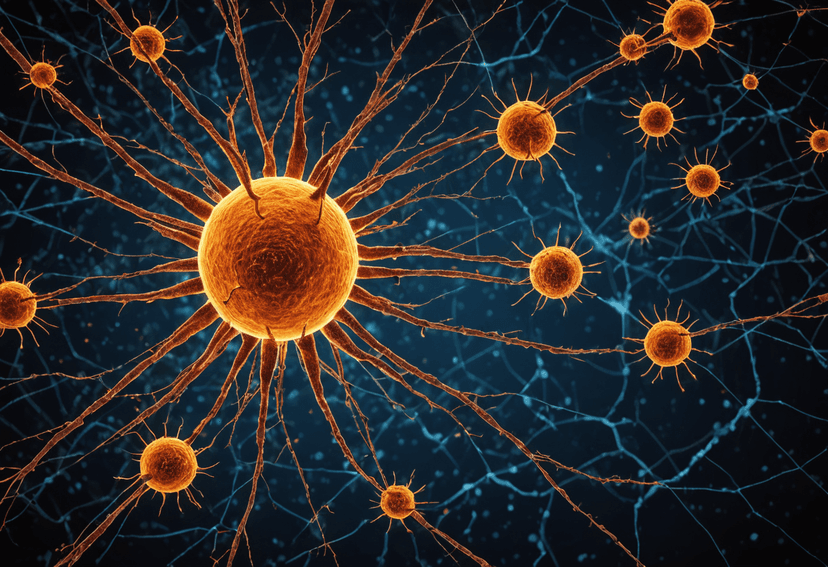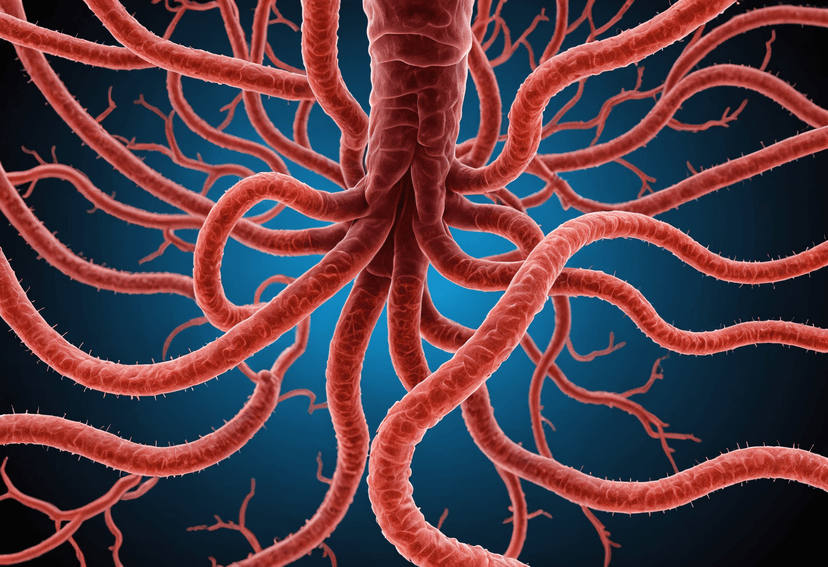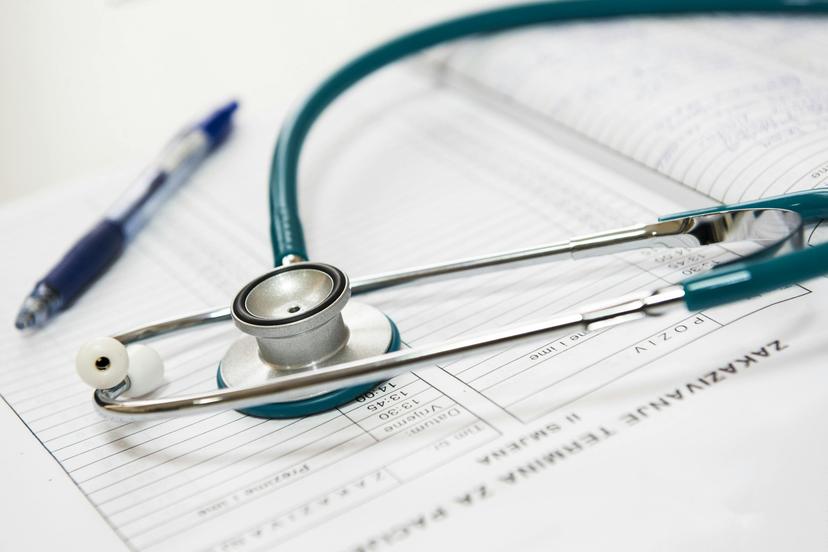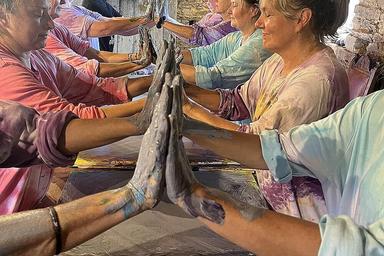
Gallbladder Cancer: The Bile Duct Cancer
30 Sep, 2024
 Healthtrip
HealthtripGallbladder cancer, a rare and aggressive disease, affects approximately 12,000 people in the United States each year. It occurs when abnormal cells in the gallbladder, a small organ located under the liver, grow and multiply uncontrollably, forming a tumor. The gallbladder's primary function is to store bile, a digestive fluid produced by the liver, which aids in fat digestion. When cancer develops in the gallbladder, it can spread to other parts of the body, making it crucial to understand the symptoms, risk factors, diagnosis, treatment options, and prevention strategies.
What are the Symptoms of Gallbladder Cancer?
The symptoms of gallbladder cancer are often nonspecific and may resemble those of other conditions, making it challenging to diagnose. In the early stages, symptoms may be mild or even nonexistent. As the cancer progresses, the following symptoms may appear:
Most popular procedures in India
Common Symptoms
Fatigue, weight loss, and loss of appetite are common symptoms of gallbladder cancer. Abdominal pain, particularly in the upper right side, can be a sign of the disease. The pain may be constant or it may come and go. Some people may experience nausea and vomiting, which can lead to dehydration. Jaundice, a yellowing of the skin and eyes, can occur when the cancer blocks the bile ducts, causing a buildup of bilirubin in the blood.
Wellness Treatments
Give yourself the time to relax
Lowest Prices Guaranteed!

Lowest Prices Guaranteed!
Risk Factors for Gallbladder Cancer
Certain factors can increase a person's risk of developing gallbladder cancer. These include:
Age and Gender
Gallbladder cancer is more common in people over 65 years old. Women are twice as likely as men to develop the disease, especially after menopause.
Gallstones
Gallstones, small, hard deposits that form in the gallbladder, are a significant risk factor for gallbladder cancer. People with a history of gallstones are at a higher risk of developing the disease.
Family History
A family history of gallbladder cancer increases a person's risk of developing the disease. Genetic mutations can contribute to the development of gallbladder cancer.
Diagnosing Gallbladder Cancer
Diagnosing gallbladder cancer can be challenging due to the nonspecific symptoms. A combination of imaging tests and biopsies can help diagnose the disease:
Imaging Tests
Imaging tests, such as ultrasound, CT scans, MRI scans, and PET scans, can help identify tumors in the gallbladder. These tests can also detect if the cancer has spread to other parts of the body.
Biopsies
A biopsy involves removing a sample of tissue from the gallbladder for examination under a microscope. This can help determine if the tumor is cancerous.
Treatment Options for Gallbladder Cancer
Treatment for gallbladder cancer depends on the stage of the disease and the overall health of the individual. Surgery, chemotherapy, and radiation therapy are common treatment options:
Surgery
Surgery is the most effective treatment for gallbladder cancer. The type of surgery depends on the stage of the disease. In early stages, the gallbladder and surrounding tissues may be removed. In advanced stages, surgery may involve removing affected lymph nodes and parts of other organs.
Chemotherapy
Chemotherapy uses drugs to kill cancer cells. It may be used before surgery to shrink the tumor or after surgery to prevent recurrence.
Radiation Therapy
Radiation therapy uses high-energy rays to kill cancer cells. It may be used in combination with chemotherapy or surgery.
Prevention Strategies
While there is no surefire way to prevent gallbladder cancer, maintaining a healthy lifestyle can reduce the risk:
Healthy Diet
A diet rich in fruits, vegetables, and whole grains can help reduce the risk of gallbladder cancer. Foods high in fiber, such as brown rice and whole wheat bread, can help regulate bile production.
Exercise Regularly
Regular exercise can help maintain a healthy weight, reducing the risk of gallbladder cancer.
Manage Stress
Chronic stress can increase the risk of gallbladder cancer. Engaging in stress-reducing activities, such as yoga and meditation, can help manage stress.
Related Blogs

The Uncharted Territory of T-Cell Lymphoma
T-cell lymphoma is a type of cancer that affects the

The Uncharted Territory of Small Intestine Cancer
Small intestine cancer is a rare type of cancer that

The Uncharted Territory of Thymoma
Thymoma is a rare type of cancer that affects the

The Forgotten Cancer: A Look into Appendix Cancer
Appendix cancer is a rare type of cancer that affects

Cancer's Dark Horse: Understanding Adenoid Cystic Carcinoma
Adenoid cystic carcinoma is a rare type of cancer that

Liposarcoma: The Fat Cancer
Liposarcoma is a type of cancer that affects the fat










